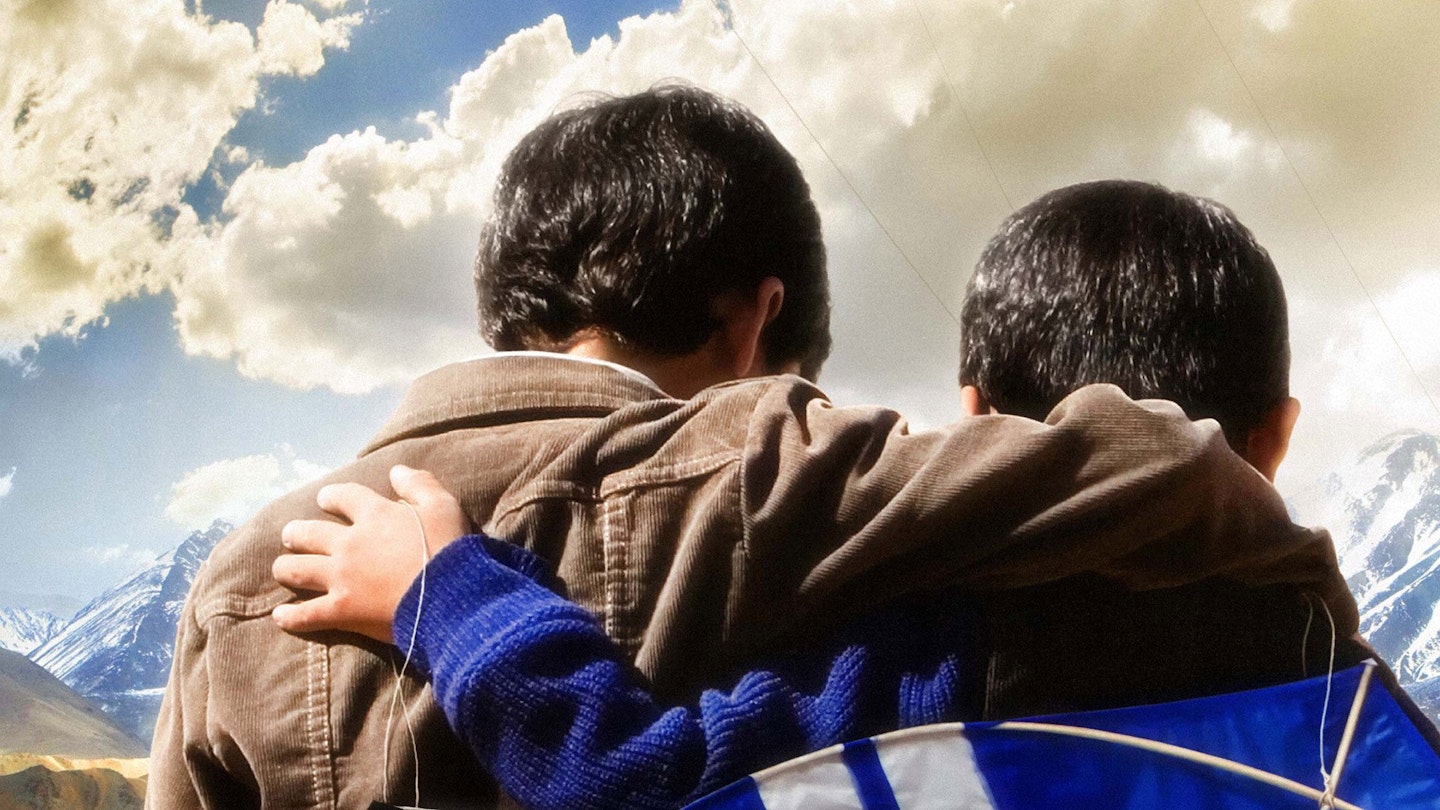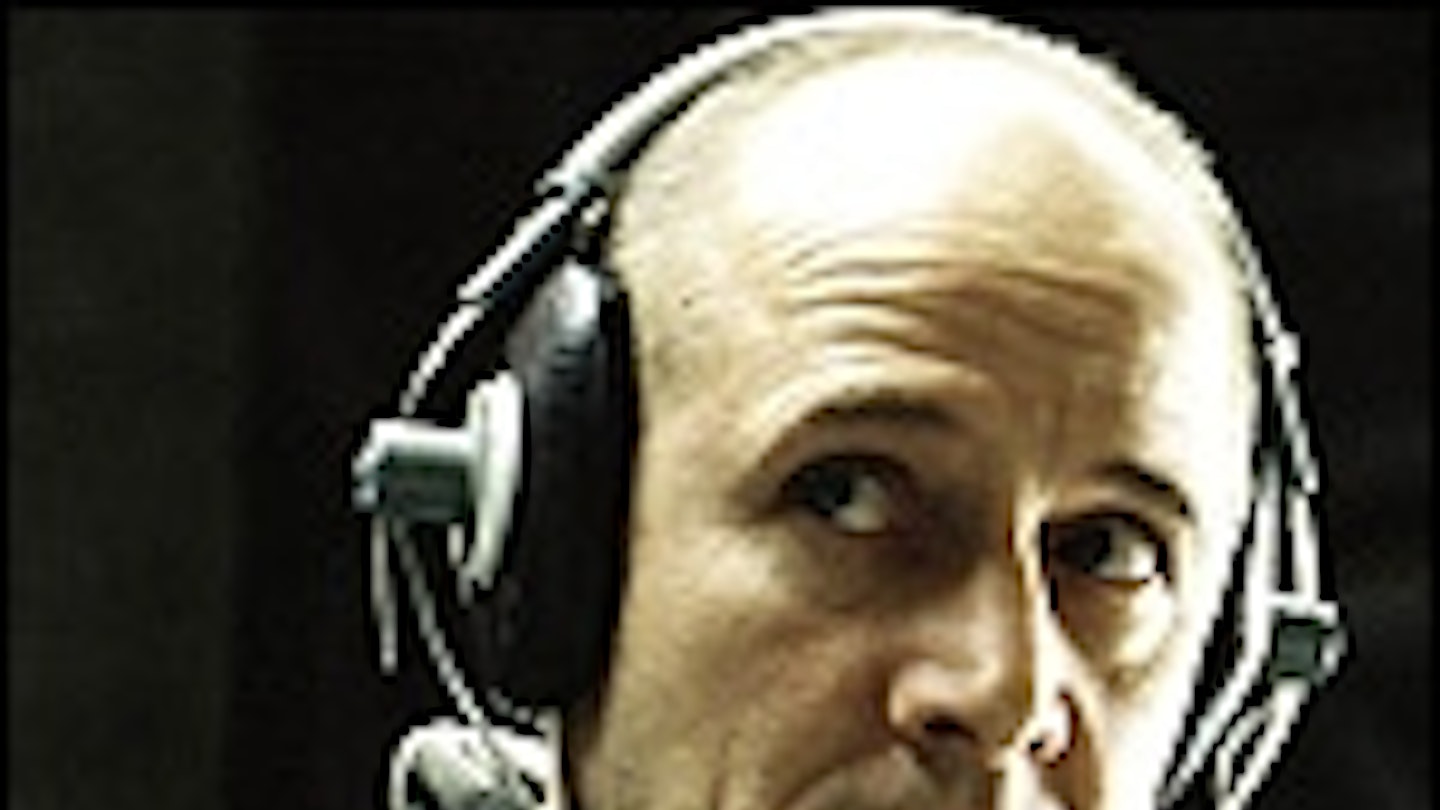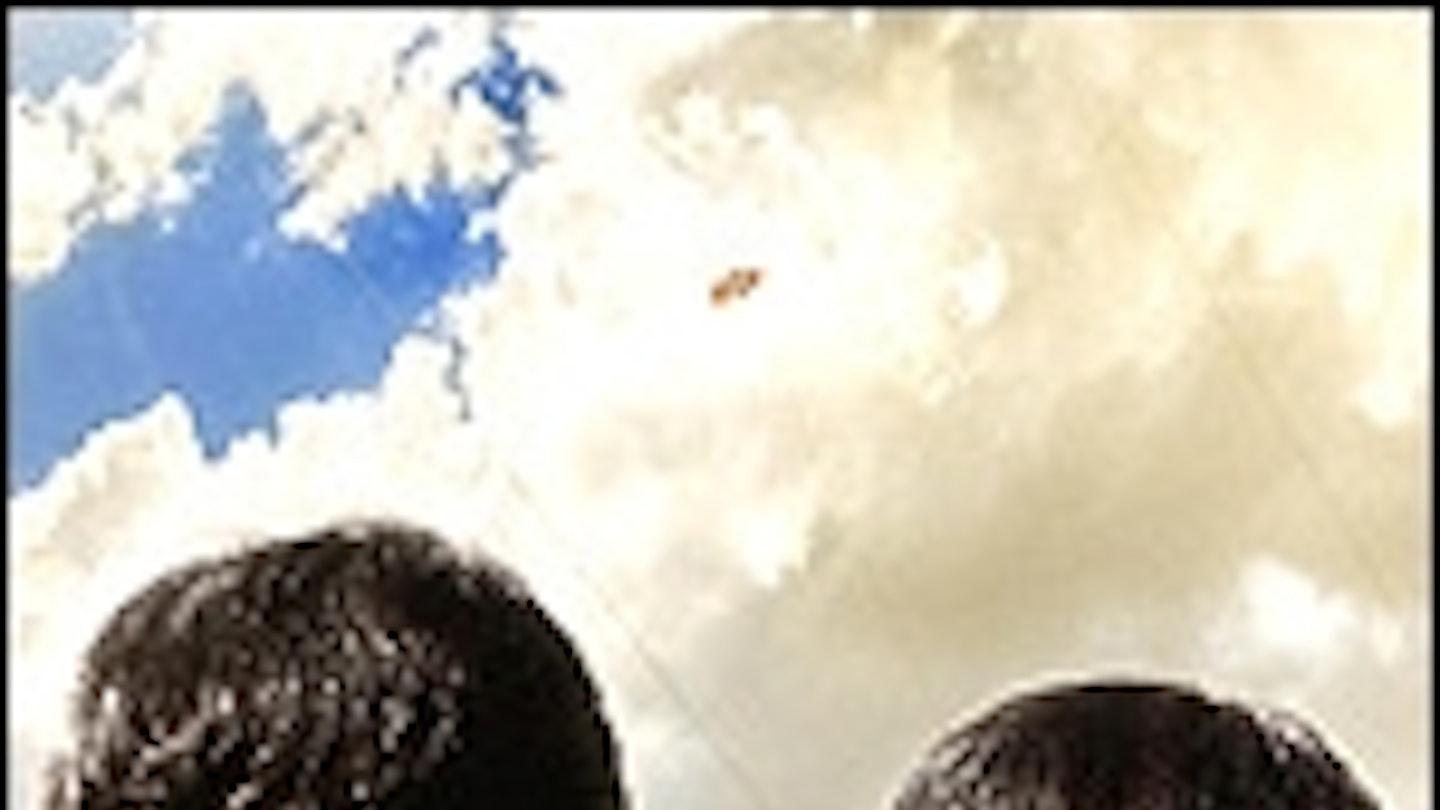Afghan-American author Khaled Hosseini’s The Kite Runner was one of those word-of-mouth print hits, just challenging enough, yet just populist enough, to win over reading groups on either side of the Atlantic. Still, it’s not exactly what any right-minded person would call enjoyable, and given that much of the action occurs in Afghanistan, with a pivotal scene involving child rape, it’s surprising that it ever made it to the big screen.
Not only that, but scripter David Benioff (25th Hour, Troy) has proven largely faithful to Hosseini’s work - although you’d expect a delicate handling of the material given that much was based on the author’s own experiences.
Perhaps ‘delicate’ is the wrong word, though. Both the source and its adaptation are frustratingly heavy-handed at points. The story feels too contingent on coincidence, too tidy for something which presents such a complex, messed-up situation as the ethnic divisions in pre- and post-Soviet Afghanistan. For the sake of neat parallels and clear dramatic echoes, what could be a big, sprawling story is boiled down to the interplay of just a handful of characters, all loose ends neatly tucked away.
Weirdly, this means that, in terms of Marc Forster movies, The Kite Runner has more in common with the pristine likes of Finding Neverland (even beyond the CG-assisted kite-flying scenes) or Stranger Than Fiction (with which it shares some tumbling fruit imagery) than it does with the scuzzy domestic gloom of Monster’s Ball. However, whichever genre he tackles - and Forster seems determined to match Peter Weir for genre-hoppery - he is, like Weir again, a master of finding the strong, warm pulse of humanity in any script through the performances he teases from his cast.
Whatever your ethical stance with regard to Forster’s choice to use real Afghan kids in the film (some of whose families fear them becoming pariahs in their less-than-tolerant homeland thanks to their involvement in the rape scene), there’s no denying the power of their turns. As the young Amir, the son of one of monarchist-era Afghanistan’s wealthier businessmen, Zekeria Ebrahimi emanates an intelligence and sensitivity that belies his age, transforming what could be inexplicable actions into somehow understandable responses to horrific events. As his best-friend Hassan, a lower-class ‘Hazara’ Afghan, Ahmad Khan Mahmidzada is guaranteed to get tears welling. Bold and loyal to the point of self-sacrifice, the character could easily have come across as an unrealistic ideal, but due to Mahmidzada he’s heart-achingly convincing.
The adult cast is just as good. Khalid Abdalla portrays the grown-up Amir as a quiet, contemplative soul who’s forced to confront both the phantoms of his past and, at one point, a very immediate, physical menace. But most memorable is Homayon Ershadi as Amir’s ‘Baba’, or father, an outspoken and (at times) ill-advisedly honourable fellow, who will sound off about the Mullahs being “bearded idiots” at one point, and at another toast a Cold War-era American bar with a hearty shout of, “Fuck the Russia!”


